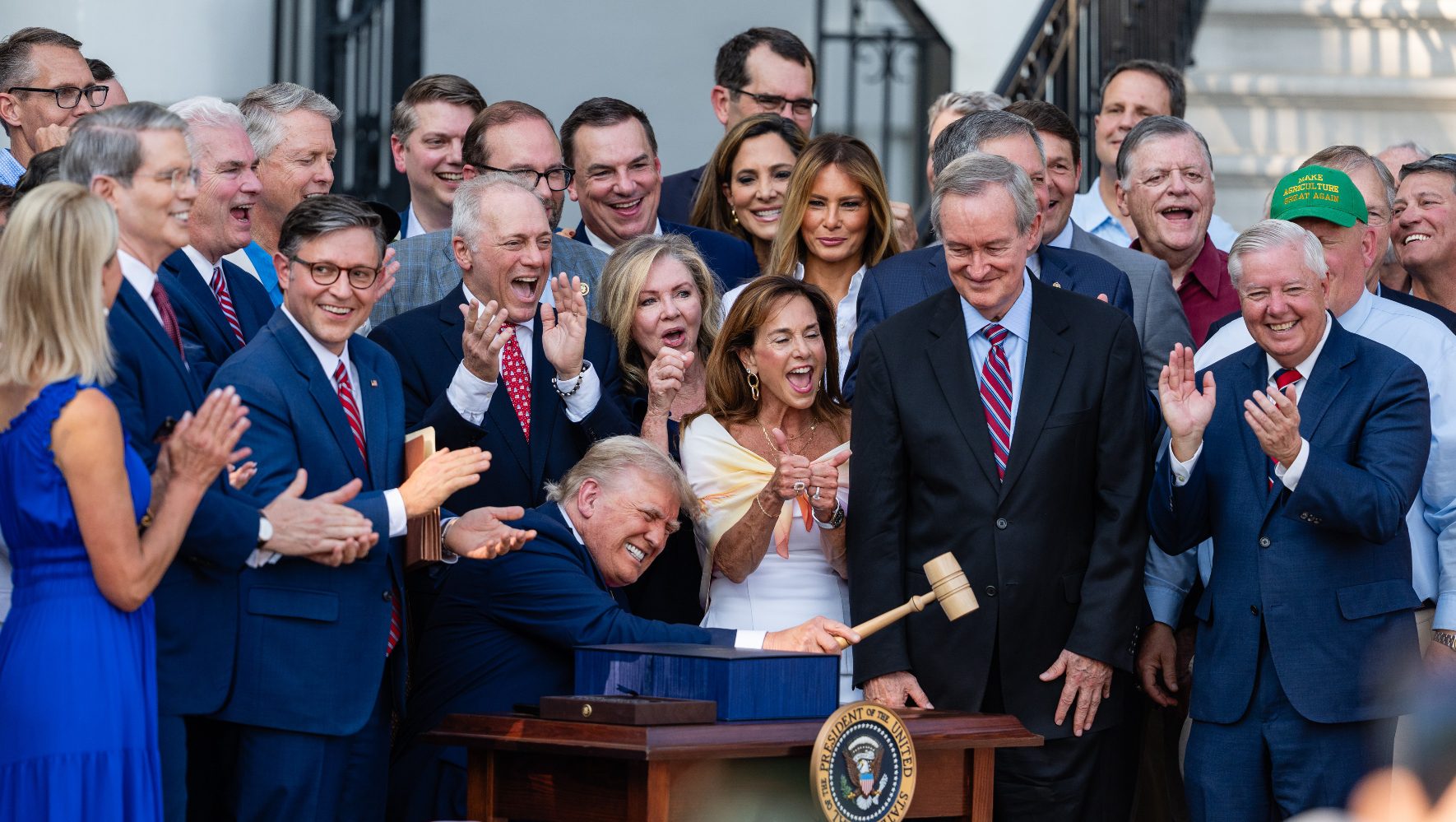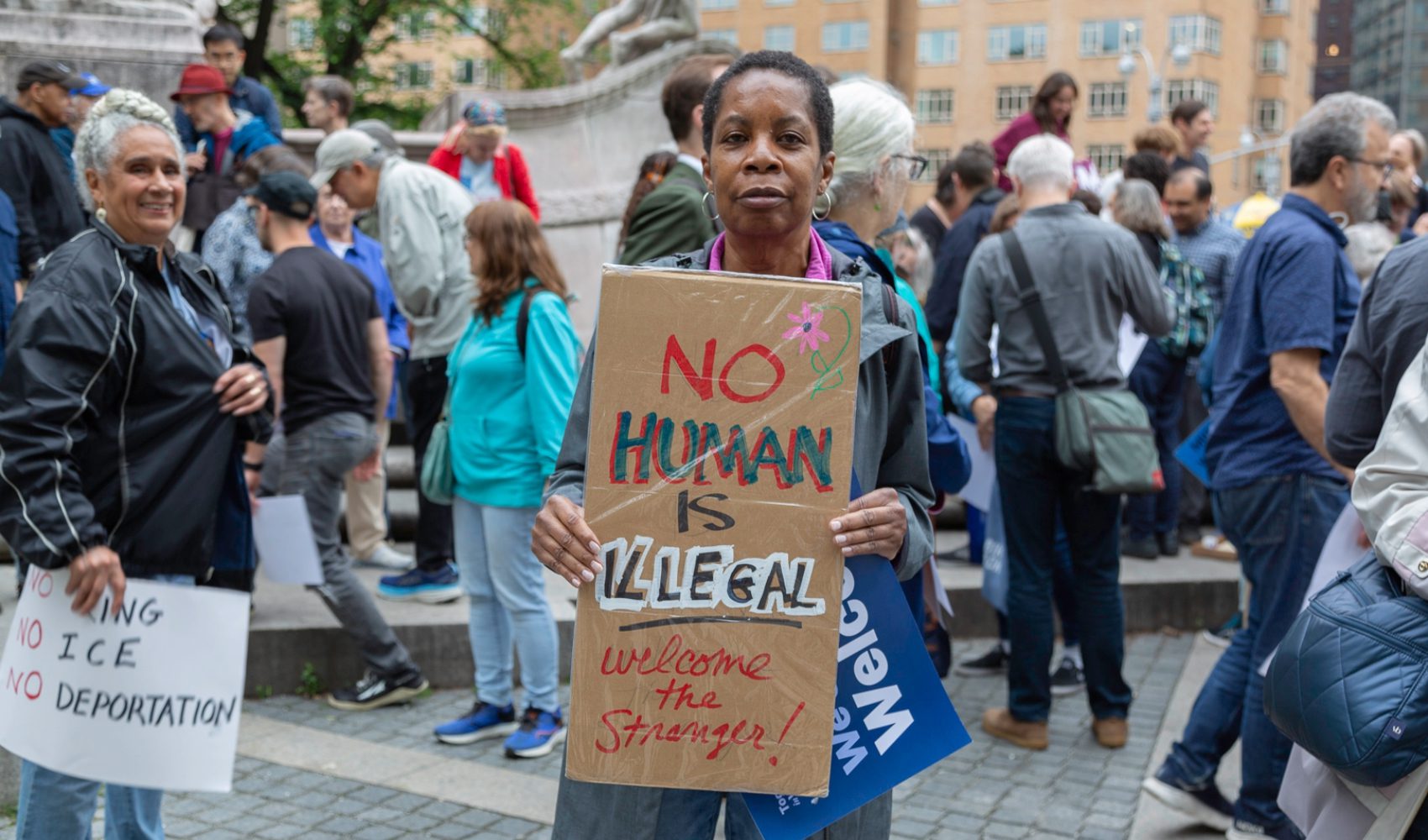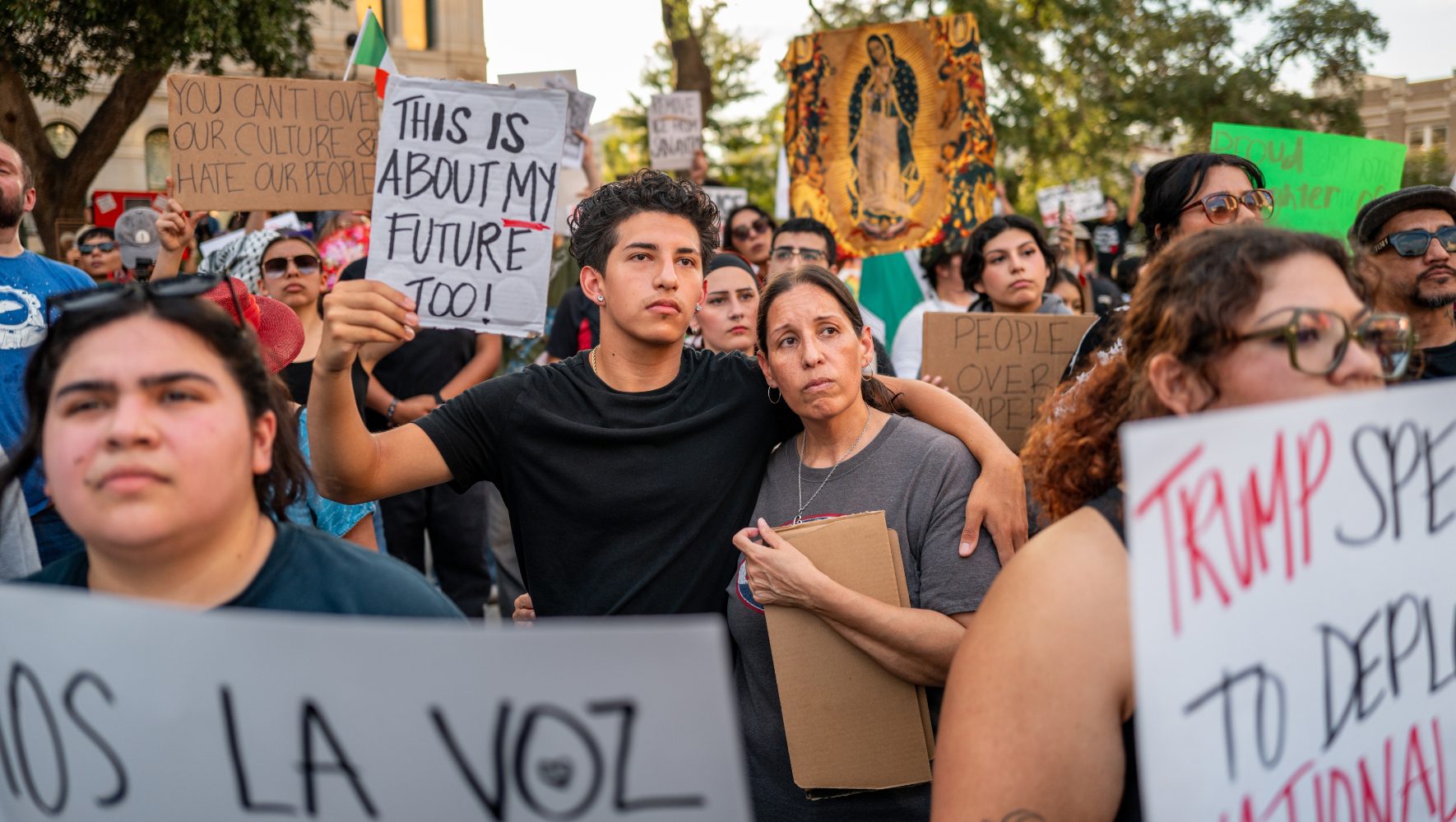Remembering Today’s Victims of Genocide on Yom HaShoah
Apr 15, 2015
Today, on Yom HaShoah, as we honor the memory of those who perished in the Holocaust, we can't forget that ethnic cleansing, fueled by hatred, continues to this day.
On this solemn day I am inspired by individuals like 83 -year-old Holocaust survivor, Manfred Lindenbaum, who uses his experience to get people talking about – and ultimately caring about – refugees today.
Just days before the outbreak of World War II, Manny and his brother Siegfried left Poland as part of the children’s rescue mission (Kindertransport) organized by the United Kingdom. Their older sister Ruth, was slated to get on the next boat, but was left behind and perished with their parents at Auschwitz. She was 14 years old. Her memory inspires him to help children who are persecuted today.
Last year Manfred traveled to Poland with six grandkids and three of his grown children to retrace his escape route. Together they traced his epic journey backwards, crossing the old border from Poland to Germany on June 20, World Refugee Day. He partnered with HIAS to raise funds and to promote the protection of vulnerable children in countries across Africa today.
“I want [people] to really understand the consequences of not only hate but also of indifference,” he says. “The worst of the Holocaust was the bystanders. Where people didn’t stand by – it made a huge difference.”
As we remember the horrors of the Holocaust, we speak out and take action for other people whose lives are threatened today merely because of their faith or their ethnicity.
One way we can act is to ask our government to provide more refugees who have fled genocide with safety and haven here in the U.S. To do so, we must urge the U.S. government to increase the annual refugee admittance quota from 70,000 to 100,000.
“Never forget” means more than commemorating our past. It means doing all we can to secure a better future for those who flee genocide today.


